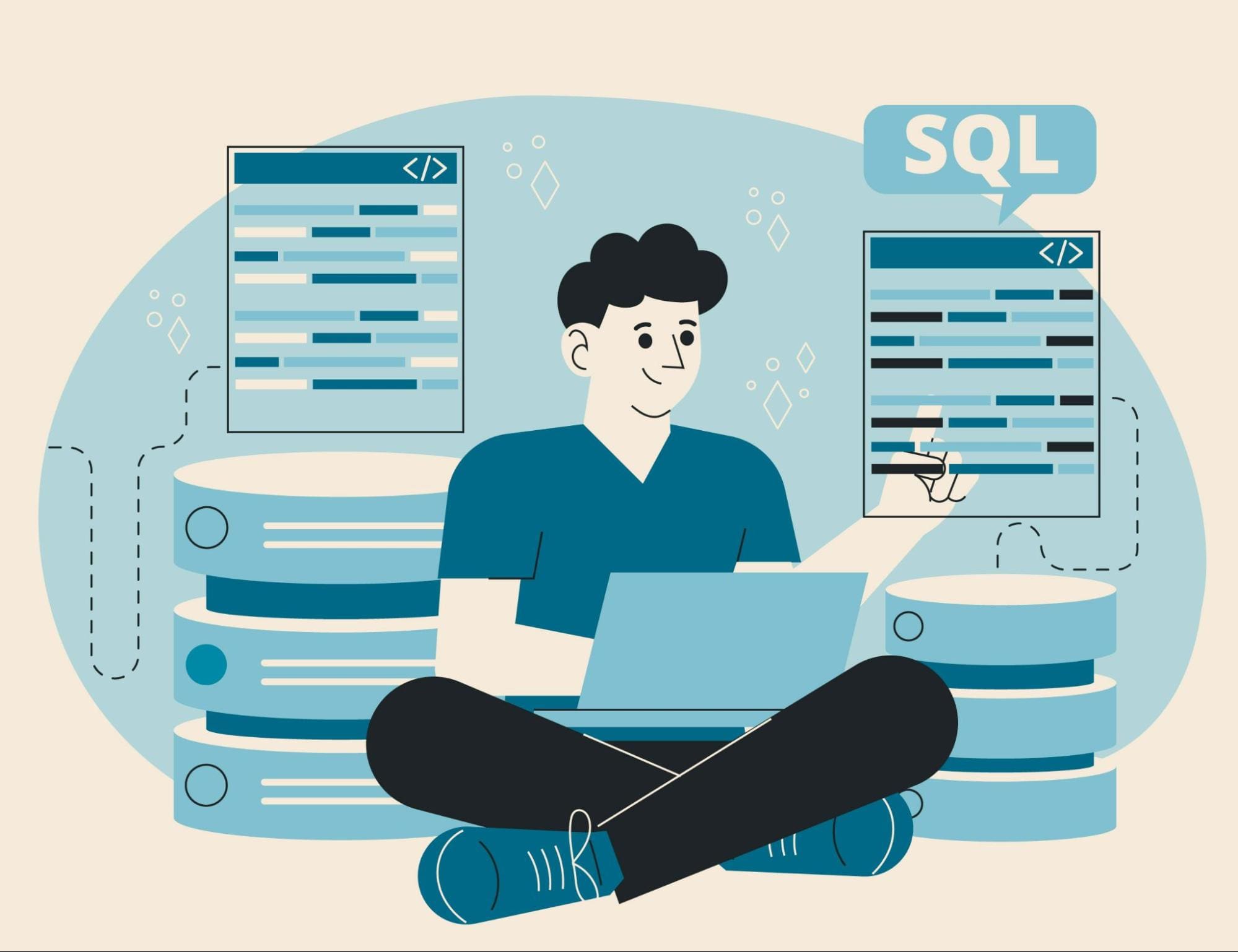
Image by Freepik
SQL, or Structured Query Language, is many companies' standard database manipulation language. Every data employment is currently expected to understand SQL language, as our work would involve extracting these stored data for further analysis. That’s why we should improve our SQL knowledge no matter our professional level.
This article will discuss five free books that would improve your SQL level. We would cover your needs from the beginner level to the advanced usage.
What are these books? Let’s get into it.
SQL Notes for Professionals
SQL Notes for Professionals by GoalKicker.com is a 150+ page free SQL book that covers most of SQL primary usage. In each chapter, you will learn a short explanation of the syntax, the example usage, and the tips when using the syntax.
The book can become your go-to for learning and refreshing basic knowledge, as it’s suitable for any professional level. The book mainly covers the following concepts:
- SQL Fundamentals
- Data Manipulation
- Database and Table Management
- Functions and Expressions
- Data Cleaning and Maintenance
- Working with Special Data Types
You can get the book on the following page: SQL Notes for Professionals.
Learning SQL
This is another free book to upskill your SQL skills that is suitable for any beginners and advanced user. This book is developed from contributions of the Stack Overflows and is designed to answer most of your SQL questions.
The book provides 64 chapters with more than 200 pages. Each chapter would contain simple explanations and usage example that is easy to follow. Overall, the book's contents were as follows:
- SQL Fundamentals
- Database Design
- Advanced Query Techniques
- Management and Error Handling
- Understanding SQL’s Metadata
- SQL’s Information Retrieval
You can get the book on the following page: SQL Learning.
Introduction to SQL
The introductory book by Bobby Iliev is an open-source book that aims to teach beginners about the usage of SQL. It provides a clear explanation for each chapter with tutorials and prerequisites you need to follow the example. The book uses MySQL for the whole book, so it’s also good if you aim to learn more about this language.
The book contents consist of:
- MySQL Fundamental
- Data Manipulation
- Advanced Querying with JOINS and Subqueries
- Working with MySQL-Specific Functions
- Best Practices and Writing Clean Code
You can get the book on the following page: Introduction to SQL.
Essential SQL
Essential SQL is a part of the Essential Programming books, a continuation of Stack Overflow documentation halted in 2017. The e-book contains simple explanations for each topic and provides a sample playground that you can tweak around. It’s an excellent e-book for both beginner and advanced users.
The e-book contains the following:
- Fundamentals of SQL
- Data Retrieval and Manipulation
- Optimizing and Advanced Querying
- Database Design and Management
- Best Practices and Maintenance
You can visit the e-book here: Essential SQL.
SQL Indexing and Tuning
SQL Indexing and Tuning is an e-book developed by Markus Winand that focuses on the Indexing SQL activity. This e-book is more suitable for advanced users but would help our work in the long run.
The e-book content consists of:
- Indexing Basics
- Index Structures
- Indexes Performance Issues
- Best Practices for Index Management
- Advanced Indexing Techniques and Considerations
Conclusion
SQL is an important skill to have as a data professional, as it would become part of our daily work. In order to improve your SQL knowledge, there are a few free SQL books that we can utilize, which we have discussed in this article. These books enhance your SQL foundations and provide examples in actual cases.
Cornellius Yudha Wijaya is a data science assistant manager and data writer. While working full-time at Allianz Indonesia, he loves to share Python and data tips via social media and writing media. Cornellius writes on a variety of AI and machine learning topics.
